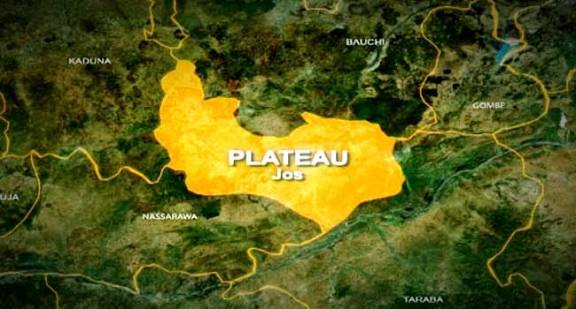Yesterday, June 25, protests against Kenya’s Finance Bill 2024 turned violent, with reports of internet throttling and disruptions adding to the chaos.
Kenyans, rallying under the hashtag #RejectFinanceBill2024, took to the streets in large numbers. Tragically, the unrest has resulted in deaths and raised significant concerns about digital rights and freedom of expression.
NetBlocks, a global internet monitoring organization, reported that internet disruptions are affecting not only Kenya but also neighboring countries like Rwanda, Uganda, and Burundi. These disruptions likely limit the coverage of the protests, keeping the full extent of the unrest from being seen.
The Communications Authority of Kenya initially denied any plans for an internet shutdown, calling it a “betrayal of the constitution.” However, on the day of the protests, many users reported slow and unreliable internet service.
Safaricom, Kenya’s largest telecom provider, attributed the issues to an outage in two undersea cables but warned customers of continued slow and intermittent service.
Digital rights advocates and civil society groups have expressed deep concerns about the potential for internet and media disruptions.
They stress the importance of maintaining open and reliable communication channels, especially during times of civil unrest, to ensure transparency and safeguard democratic processes.











